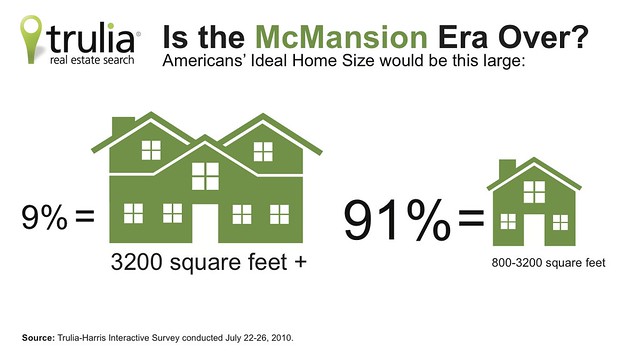A lot of people today fear buying real estate for so many reasons. That’s not to say it isn’t without reason, because the fading lines of legality and the fluctuating market make purchasing real estate a concern. It helps to be armed with information before jumping into the real estate game. Here are a few tips to help a person navigate the complexities.
Homes that need multiple improvements or updates are sold at a reduced price. This will let you save some money in the beginning, and fix up the house as you see fit. You will be able to design a home that you want to live in, and build equity with every improvement that you make. So always consider a home’s potential, rather than just focusing on the negatives that you can see. Ignore the surface imperfections and see if your dream home is peeking out from behind a worn facade.
If you are purchasing an expensive, large property, you should have a reliable partner to help you. Having a partner makes it easier to get a loan if you need one to purchase the property. A partner can assist you with a down payment, and help qualify for a good commercial loan that you might not be able to get on your own.
Think about the future when shopping for a home. Even if you don’t currently have any children, if you are planning on living in the home for an extended period of time and the possibility of starting a family during those years cannot be ruled out, you should consider researching schools in the neighborhood to see if they will be satisfactory should you have any children down the road.
Keep an open mind about your options. Finding a home with all of the features on your wish list may not be financially possible, but you probably can afford a few things. If you don’t find the home of your choice in an area that you want to live in, look for a different home. At some point you may want to look in a different neighborhood.
Have your Realtor provide you with a checklist. It is not uncommon for a Realtor to bring a checklist containing all facets of a home purchase, including shopping for neighborhoods to obtaining financing. This checkoff sheet will help you ascertain that nothing is overlooked.
Closing Costs
You should have a fund for unexpected costs that present themselves during the buying of property. Buyers usually calculate the closing costs by adding the down payment, the points to the bank and the pro-rated real estate taxes. However, additional expenses are frequently added to the closing costs, including improvement bonds, school taxes, and other location-specific items.
Ask the seller of the home to help with the closing costs before making an offer. Many buyers try to get the other party to “buy down” their rate of interest for a short period of time. With incentives thrown into to the deal, however, it is less likely that the seller will move on the selling price.
Real Estate
If you are considering investing in real estate, then you need to know where to find the most reliable sources of information, both in person and online. This article will get you off to a good start. If you’d like to eliminate some of the stresses of purchasing real estate, it’s important to be knowledgeable about the process.
